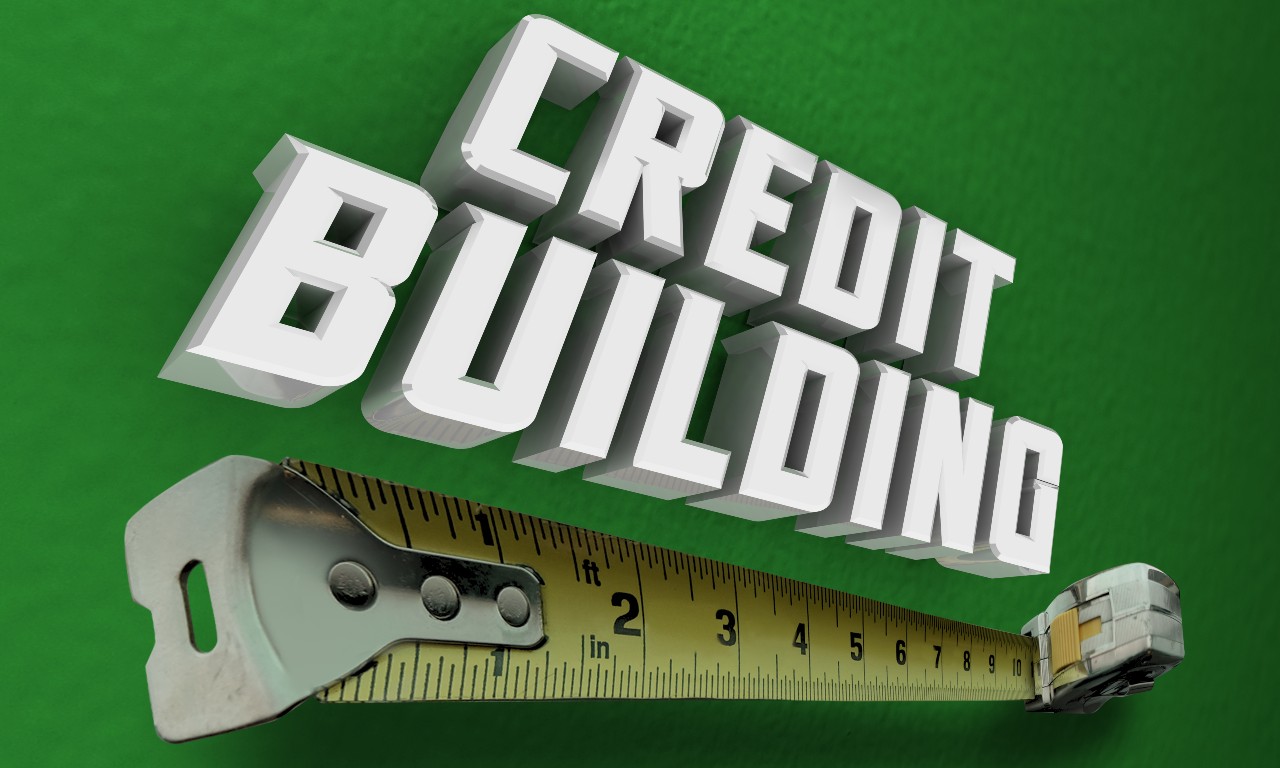Life changes like marriage or divorce can have a big impact on your finances. A strong credit score can be a valuable tool during these transitions. Your credit score affects your ability to get a loan, the interest rate you pay, and even renting a home or getting a job.
Knowing how marriage and divorce affect your credit score can help you make good choices to protect your money. Many people think their credit report automatically joins with their spouse’s when they get married, but that’s not true. Let’s look at how marriage and divorce affect your credit and what you can do to protect and build it.
Marriage and your credit score
Getting married does not mean that your credit reports combine. Marriage itself does not affect your credit score. In Canada, your credit report remains separate from your spouse’s. Their credit history won’t automatically impact your credit history. Even if your spouse has a perfect credit score or has been bankrupt in the past, your credit score will not change because of theirs. However, the financial decisions that you make together will affect both of your credit scores.
Joint accounts and shared debt
Getting married doesn’t automatically join your bank accounts or need you to apply for credit together. You may choose to open a joint account or take out a loan together for a major buy like a home or car. Combining finances can help you qualify for larger loans, often at better interest rates. Keep in mind that with joint credit, both partners share responsibility for repayment. Any missed payments will appear on both credit reports.
Lenders won’t ask you to pay a debt if your name isn’t on the loan. However, under Canadian Family Law, debt from a marriage is usually shared. This means that even if the loan isn’t in your name, you may still have to pay half if you get divorced. The debt might not show on your credit report, but it’s smart to treat all debts in marriage as a shared responsibility.
Credit utilization and marriage
The amount of credit you use compared to your credit limit affects your credit score. If you and your spouse share finances and use too much credit, your score may go down. However, if your spouse has a high credit score and limit, being added to their card as a joint borrower could help raise your score.
To protect yourself:
- Keep at least one credit card or loan in your name to preserve your credit history and independence.
- Check both of your credit reports before merging finances to identify any issues.
- Remember that joint credit cards and loans mean shared responsibility. Missed payments or high balances can impact both partners’ credit scores.
Divorce and your credit score
Divorce can affect your credit more than marriage, especially if joint accounts and debts are not managed well. Your credit score is based on your own history, so your ex-spouse’s accounts won’t impact you. However, any shared debts could cause problems.
Dividing debt and joint accounts
One of the biggest risks during a divorce is not separating finances the right way. Even if your divorce agreement says your ex-spouse is responsible for a debt, lenders don’t follow divorce agreements when checking who owes money. If your name is still on a joint loan or credit card and your ex doesn’t make payments, your credit score will go down.
Spousal and child support
If you have to pay alimony or child support, it won’t directly affect your credit score. However, if you miss payments, you could face legal trouble, and if the debt goes to collections, your credit score could drop.
To protect yourself:
- Close or separate all joint accounts as soon as possible.
- Transfer shared debt into individual accounts whenever possible.
- Keep making payments through the transition.
How to protect your credit score in marriage and divorce
Regardless of your relationship status, maintaining good credit is crucial to being able to attain future credit. Here are a few strategies to help protect your credit score in marriage and divorce:
1. Regularly check your credit score
After becoming a financial counsellor, I found out that one of my credit reports still had my first married name from over 10 years ago. This was surprising because I had a joint mortgage, car loan, and bank account with my new husband. This shows why it’s important to check your credit reports with both TransUnion and Equifax regularly since different lenders look at different reports. Check them every year or two. Keeping an eye on your credit helps you stay informed and catch potential issues early.
2. Pay bills on time
Paying bills on time is the biggest factor in a good credit score. When merging finances, clearly define who pays what. If separating, stay in touch about shared bills and remove your name from accounts you no longer manage as soon as possible.
3. Manage your credit utilization ratio
Using less than 30% of your total credit limit can help boost your credit score and show lenders you use credit wisely.
4. Keep individual credit accounts
If all financial accounts are in your spouse’s name, you could be left with no credit history or access to funds after a divorce or unexpected loss. To protect yourself, ensure your name is on joint accounts and that you’re not just an authorized user on credit cards. It’s also wise to maintain some credit in your own name to build an independent credit history for financial security
Conclusion
A good credit score plays a crucial role in your financial health, especially during major life changes like marriage or divorce. By staying proactive—monitoring your credit, managing joint accounts wisely, and maintaining credit in your own name—you can protect your financial future. Take action today. Check your credit reports with Equifax and TransUnion and make a plan to strengthen your credit. A little effort now can make a big difference in your long-term financial security.
If your credit has taken a hit because of divorce debt, talk to a trained Credit Counsellor. They’ll share what debt relief options are available to you and how to get started with the one best for your situation.










